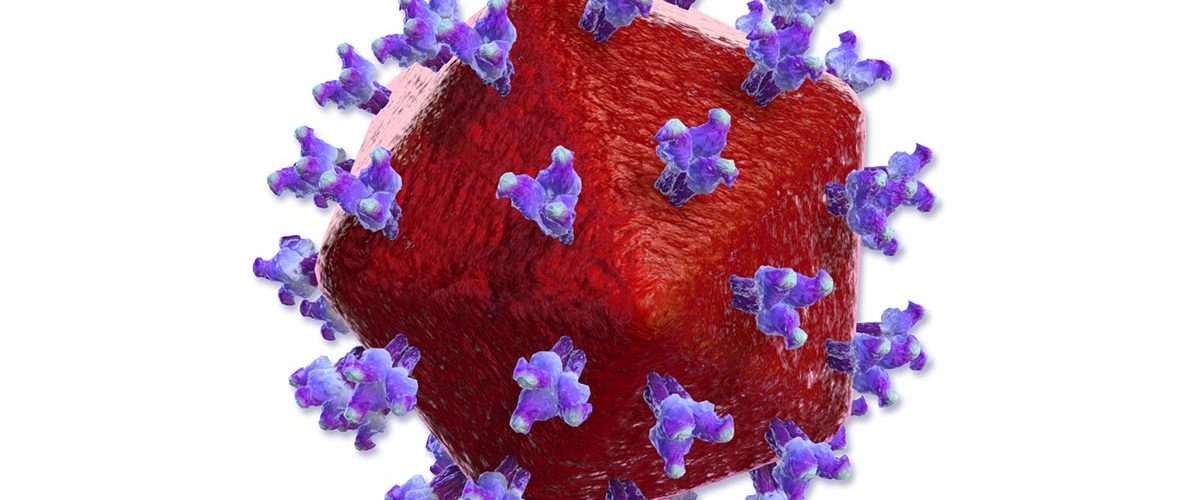The Human Immunodeficiency Virus (HIV) is a major global public health challenge that does not have a cure till now. Globally, thirty-five million lives has been affected by this virus. The WHO African region is the most affected region with 25.7 million people living with HIV in 2017. The African region also accounts for over two thirds of the global total of new HIV infections. HIV affects the immune system and gradually undermines the body defense ability against other infections and cancers. This makes the body more prone to a wide spectrum of diseases than people with normal immune systems.
The transmission of HIV occurs through body fluid (blood, breast milk, semen and vaginal secretions) exchange from infected people. The symptoms of HIV vary according to the stage of infection. During the first few months, infected individuals may experience fever, headache, rash and sore throat. Sometimes, no symptoms are developed.
The symptoms of HIV vary depending on the stage of infection. Though people living with HIV tend to be most infectious in the first few months, many are unaware of their status until later stages. The first few weeks after initial infection, individuals may experience no symptoms or an influenza-like illness including fever, headache, rash, or sore throat. As the infection progressively weakens the immune system, an individual can develop other signs and symptoms, such as swollen lymph nodes, weight loss, fever, diarrhoea and cough. Without treatment, they could also develop severe illnesses such as tuberculosis, cryptococcal meningitis, severe bacterial infections and cancers such as lymphomas and Kaposi’s sarcoma.
Despite the fact that HIV does not have a cure, it can be suppressed by combination ART consisting of 3 or more ARV drugs. ART does not cure HIV infection but suppresses viral replication within a person’s body and allows an individual’s immune system to strengthen and regain the capacity to fight off infections. People can enjoy a healthy and productive life using this treatment. To reduce your risk of HIV infection, have a properly protected anal or vaginal sex. Don’t inject drugs. If you do, use only sterile injection equipment and water and never share your equipment with others.

